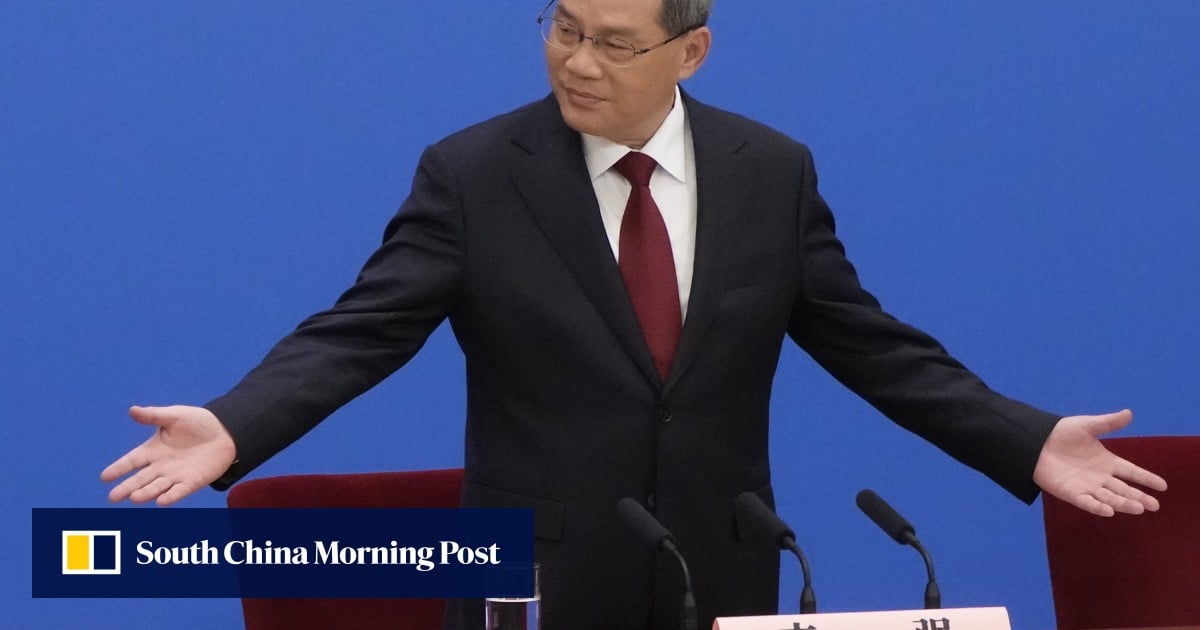
23 Jan China’s premier Li Qiang orders authorities to attract long-term capital to stabilise stock market
China’s premier Li Qiang orders authorities to attract long-term capital to stabilise stock market
China’s premier Li Qiang ordered authorities to find ways to attract long-term investors into the country’s capital markets, after the stock indices in Shanghai, Shenzhen and Hong Kong plumbed fresh lows.
The State Council, as China’s cabinet is called, was briefed on the operations of the country’s capital markets, according to a report by Xinhua news agency.
The meeting emphasised the need to further improve the basic system of the capital market, pay more attention to the dynamic balance of investment and financing, vigorously improve the quality and investment value of listed companies, increase the entry of medium and long-term funds into the market, and enhance the inherent stability of the market, according to Xinhua’s report.
The meeting chaired by Li was the clearest sign of the government’s attempt at putting a floor on plunging stock markets on the mainland and Hong Kong, which have lost more than US$1 trillion in combined capitalisation so far this year, according to Bloomberg’s data.
Hang Seng slips below 15,000 towards 15-month low as AIA, Tencent pace losses
Hang Seng slips below 15,000 towards 15-month low as AIA, Tencent pace losses
The Hang Seng Index slid 2.3 per cent to 14,961.18 on Monday, a psychological threshold seen during the October 2022 slump, before China abandoned its zero-Covid policy the following month. The Hang Seng Tech Index sank 3 per cent.
All but three out of the 82 index members dropped. Tencent tumbled 3.3 per cent to HK$262.20, Meituan lost 4.7 per cent to HK$65.40 and Baidu dropped 3.6 per cent to HK$95.60, leading steep declines among Chinese tech leaders yesterday. China Resources Land crashed 11 per cent to HK$20.50, and peer Longfor retreated 10 per cent to HK$7.92 in Hong Kong.
On the mainland’s bourses, the declines were sharper on Monday. The Shanghai Composite Index fell 2.7 per cent to a level not seen since April 2020, while the all-share Shenzhen Composite Index plunged 4.5 per cent.

